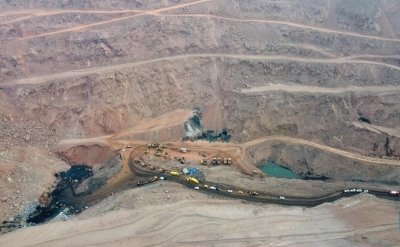Beijing, April 24 – Local governments in China approved more new coal power in the first three months of 2023 than in the whole of 2021, according to official documents.
The approvals, analysed by Greenpeace, reveal that between January and March this year, at least 20.45 gigawatts of coal power was approved, up from 8.63GW in the same period in 2022. In the whole of 2021, 18GW of coal was approved, the Guardian reported.
A Chinese Communist Party (CCP) five-year plan from 2016 had placed a heavy emphasis on reducing the use of coal and developing clean energy sources.
In 2020, President Xi Jinping, pledged that the country would become carbon neutral by 2060, the Guardian reported.
This prompted an era of reduced coal power approvals as local governments sought to keep their local economies in check with Beijing’s priorities.
A rise in coal power approvals came in 2020 when the five-year plan came to an end, as local governments anticipated even tighter restrictions on coal expansion in the next round.
But in 2021, China suffered huge power outages, leading to a dramatic shift in the CCP’s energy priorities.
In September, the price of electricity soared as factories reopened to service global demand as the rest of the world emerged from the Covid-19 pandemic.
But the government had capped prices, so many power plants reduced output rather than operated at a loss, the Guardian reported.
China relies on coal for more than half of its energy consumption.
As homes in the colder north of the country faced the prospect of a gruelling winter without heat, the government’s rhetoric shifted from reducing coal to prioritising energy security.
That resulted in a “myth that if you build more power plants, that will bring more energy security”, said Xie Wenwen, a climate and energy campaigner at Greenpeace.











